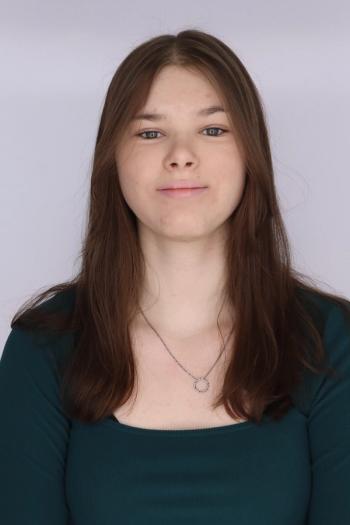
Welcome to Day 2 of ASMS 2010
Good Morning and welcome to Day 2 of LCGC's and Spectroscopy's continuing coverage of ASMS 2010. Hopefully you were able to visit many of the technical sessions and exhibitor booths yesterday, and of course, we hope you were also able to enjoy the many festivities last night in the hospitality suites as well. If you answered "yes" to the latter, then we also hope you packed some aspirin and would recommend drinking as much water as possible this morning.
Good Morning and welcome to Day 2 of LCGC’s and Spectroscopy’s continuing coverage of ASMS 2010. Hopefully you were able to visit many of the technical sessions and exhibitor booths yesterday, and of course, we hope you were also able to enjoy the many festivities last night in the hospitality suites as well. If you answered “yes” to the latter, then we also hope you packed some aspirin and would recommend drinking as much water as possible this morning…
Today promises to bring a host of excellent technical sessions and even more prestigious awards to some of the field’s most outstanding analytical chemists. This morning, we would highly recommend attending “Quantification of Xenobiotic Metabolites Without Reference Standard.” This session begins at 8:30 in Hall 3, and is highlighted by the presentation “Identification and quantification of reactive metabolites and their adducts using electrochemistry coupled to LC–MS,” by a group from the University of Munster, Germany, headed by Dr. Uwe Karst. Dr. Karst should be well known to readers of LCGC, as he has appeared in our pages several times, and his article “Electrochemistry and LC–MS for Metabolite Generation and Identification: Tools, Technologies, and Trends” is the feature article in the upcoming June issue of LCGC North America. Joining Dr. Karst in this session are research groups from Johnson and Johnson, Bristol-Myers Squibb, and University of Pau, France, among others, making this a session that can’t be missed.
Once again, we would also like to extend our personal invitation to stop by the LCGC/Spectroscopy booth (#122) any time and say hello. As always, our staff would like to meet and greet as many of our readers and advertisers as possible and hear your feedback, so you are more than welcome to come over and let us know how we’re doing. Enjoy the show today!
Newsletter
Join the global community of analytical scientists who trust LCGC for insights on the latest techniques, trends, and expert solutions in chromatography.




